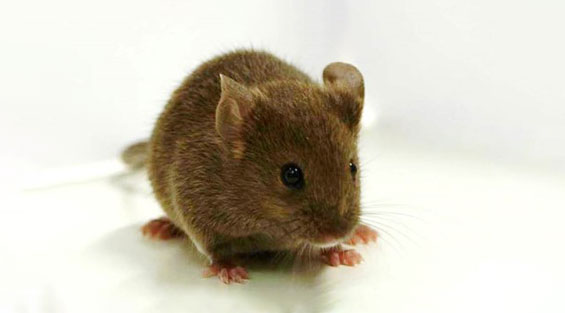Our Ethics
Statement on the use of animals in research
The use of animals in research has contributed significantly to scientific and medical advancements that benefit both human and animal health. The ethical use of animals in research demands a careful balance between scientific discovery and the responsibility to ensure humane treatment, respect for animal life, and the ethical imperative to minimize suffering.
In BSRC Alexander Fleming, we are convinced that animal use is indispensable in understanding disease pathways and pathogenesis, and in the development of novel diagnostic approaches and therapies. An important part of the research undertaken at BSRC Alexander Fleming focuses on areas like chronic inflammatory diseases, neurodegenerative disorders, metabolic diseases, cancer and autoimmune syndromes and is carried out using mouse models.
Since 2001, BSRC “Alexander Fleming” provides a high-quality environment for animal models towards the biomedical research community. At the same time, it promotes animal welfare, excellence, and scientific interaction. Animal welfare is of paramount importance for both ethical and scientific reasons and is prioritized, ensuring that scientific research is conducted with respect, accuracy, and public accountability, reinforcing a commitment to ethical integrity and scientific progress that benefits both humans and animals.
Our research with animals is in line with the national and EU legislative framework, ensuring appropriate standards of welfare through effective application of the 3Rs in the use, care, and breeding of animals. All animal research projects are evaluated by the Protocol Evaluation Committee and the Ethics and Code of Conduct Committee and are supervised by the Animal-Welfare Body of BSRC Alexander Fleming. Our researchers systematically use animal free alternatives in biomedical research, such as cell cultures and organoids. Mouse models are only used when there are no other alternatives.
Principle of replacement, reduction and refinement (3Rs)
- Replacement means that, wherever possible, scientifically satisfactory methods or testing strategies are used, not entailing the use of live animals.
- Reduction means that the number of animals used in projects is reduced to a minimum without compromising the objectives of the project.
- Refinement of breeding, accommodation and care, and of methods used in procedures, aims to improve welfare by eliminating or reducing to the minimum any possible pain, suffering, distress or lasting harm to the animals.

